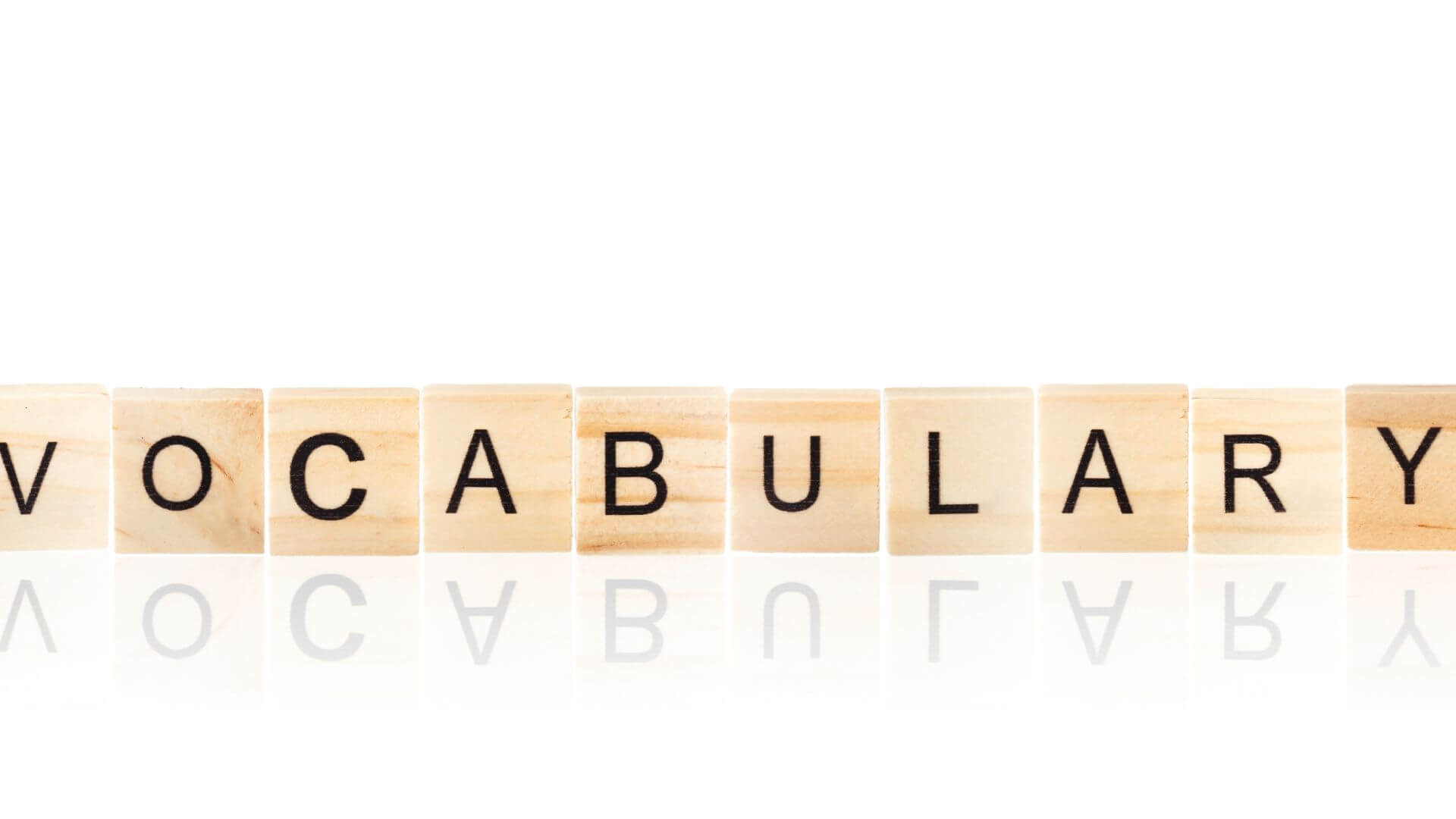The book ‘Weird Words in English: 80+ Must-Know Terms for Vocabulary Enthusiasts’ digs into some of the strangest but most fascinating words in the English language. These words are not just interesting; they each tell a story about where and how they came from. As we go through these words, you’ll see just how much fun the English language can be. You might even find out something new about the history and culture that have shaped English through the years.
Unusual Vocabulary: 80+ Weird Words in English

We dive into the English language and find more than 115 weird words. These words, from ‘awesomesauce’ to ‘antigodlin,’ show how English grows and changes. Each word carries its own special meaning and often reflects cultural, historical, or social details. For example, ‘kerfuffle,’ which means a commotion, sounds playful and traces back to Scottish roots. Knowing these words makes our vocabulary richer and deepens our love for English. Exploring these odd words isn’t just for study; it’s a way to get right to the heart of English.
| Word | Meaning |
|---|---|
| Abibliophobia | Fear of running out of reading material. |
| Absquatulate | To leave abruptly or abscond. |
| Agastopia | Admiration of a particular part of someone’s body. |
| Anencephalous | Lacking a brain. |
| Apricity | The warmth of the sun in winter. |
| Blatherskite | Someone who talks a lot without making sense. |
| Borborygmus | The rumbling sound made by gas moving through the intestines. |
| Brouhaha | A noisy, overexcited reaction or response to something. |
| Cacophony | A harsh, discordant mixture of sounds. |
| Callipygian | Having well-shaped buttocks. |
| Cattywampus | Askew or out of alignment. |
| Collywobbles | Butterflies in the stomach; a feeling of nervousness. |
| Defenestration | The act of throwing someone out of a window. |
| Discombobulate | To confuse or disorient someone. |
| Donnybrook | A scene of uproar or disorder. |
| Eccedentesiast | Someone who hides pain behind a smile. |
| Flibbertigibbet | A frivolous or excessively talkative person. |
| Gardyloo | A warning cry given before throwing water from a window. |
| Gobbledygook | Language that is meaningless or hard to understand; jargon. |
| Halfpace | A small landing or platform between two flights of stairs. |
| Hobbledehoy | An awkward, clumsy youth. |
| Hullabaloo | A commotion or fuss. |
| Kakorrhaphiophobia | Fear of failure or defeat. |
| Limerence | The state of being infatuated or obsessed with another person. |
| Lollygag | To spend time aimlessly or dawdle. |
| Macrosmatic | Having a good sense of smell. |
| Malarkey | Meaningless talk; nonsense. |
| Mumpsimus | Adherence to a mistaken belief even after it’s shown to be wrong. |
| Nudiustertian | The day before yesterday. |
| Obelus | The division symbol (÷) in mathematics. |
| Pandiculation | The act of stretching and yawning, especially upon waking. |
| Paraprosdokian | A figure of speech where the latter part of a sentence is surprising or unexpected. |
| Petrichor | The pleasant, earthy smell after rain. |
| Quire | Two dozen sheets of paper. |
| Raconteur | A person who tells anecdotes in a skillful and amusing way. |
| Ragamuffin | A person, typically a child, in ragged, dirty clothes. |
| Riposte | A quick, clever reply to an insult or criticism. |
| Sciamachy | The act of fighting a shadow or an imaginary enemy. |
| Sesquipedalian | A person who uses long words. |
| Snollygoster | A shrewd, unprincipled person, especially a politician. |
| Spaghettification | The theoretical stretching of an object due to gravitational forces. |
| Taradiddle | A petty lie. |
| Tittynope | A small quantity of something left over. |
| Ultracrepidarian | A person who expresses opinions on matters outside their knowledge. |
| Widdershins | In a direction contrary to the sun’s course; counterclockwise. |
| Xertz | To gulp something down quickly. |
| Zarf | A holder for a coffee cup without a handle. |
| Zugzwang | A situation in chess where any move will worsen a player’s position. |
| Bibliopole | A person who buys and sells books, especially rare ones. |
| Bumbershoot | An umbrella. |
| Cacography | Bad handwriting or spelling. |
| Cockamamie | Ridiculous; implausible. |
| Cryptozoology | The study of creatures whose existence is not scientifically proven, like Bigfoot. |
| Ecdysiast | A striptease performer. |
| Erinaceous | Resembling a hedgehog. |
| Fudgel | Pretending to work when you’re not actually doing anything. |
| Gubbins | Odds and ends; gadgets. |
| Iconoclast | A person who attacks cherished beliefs or institutions. |
| Jentacular | Pertaining to breakfast. |
| Matutinal | Relating to or occurring in the morning. |
| Nefarious | Wicked or criminal. |
| Omphaloskepsis | Navel-gazing; contemplation of one’s navel. |
| Phosphenes | The light and colors seen when you rub your eyes. |
| Quixotic | Exceedingly idealistic; unrealistic and impractical. |
| Salubrious | Health-giving; healthy. |
| Tatterdemalion | A person dressed in ragged clothing. |
| Vernalagnia | A romantic mood brought on by spring. |
| Welkin | The sky or heaven. |
| Xylopolist | A person who sells wood. |
| Yawp | To shout or exclaim loudly. |
| Zoilist | A person who takes joy in finding fault. |
Conclusion
In conclusion, studying unusual English words helps us not only grow our vocabulary but also enjoy the creative side of the language. Exploring these unique words helps us value the variety and history of language more. As we dive into these terms, we get a sense of how fun and changing language can be. This encourages us to respect its ability to keep evolving and improving how we communicate. Let’s keep being curious and enjoy the journey of discovering new words. Keep visiting the Translation Blog for more translation articles like this.

